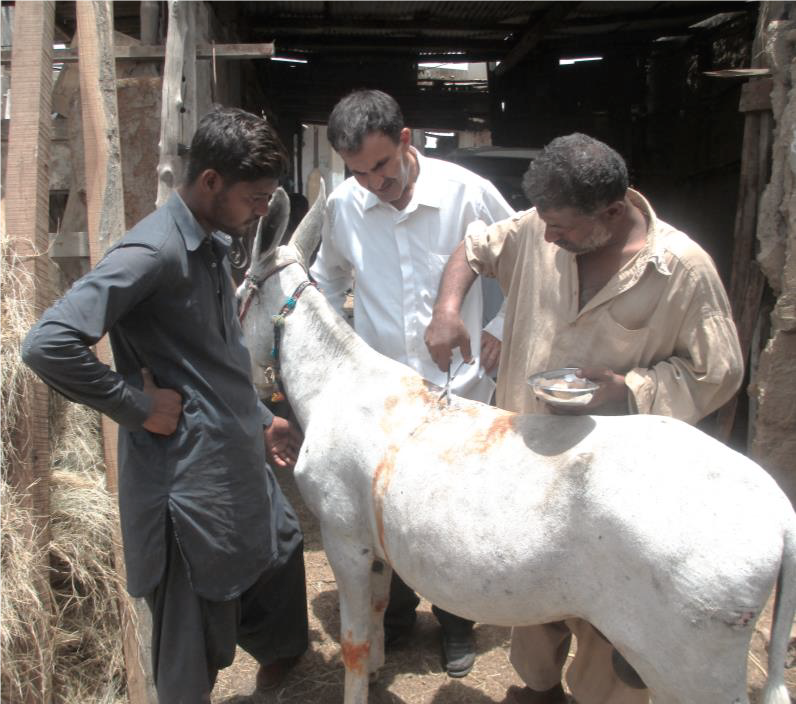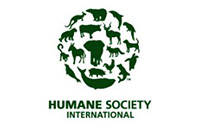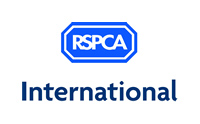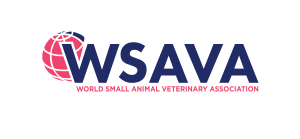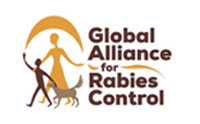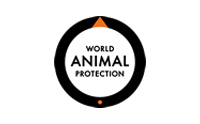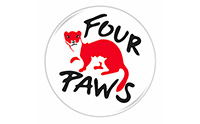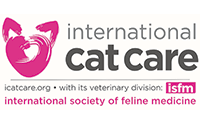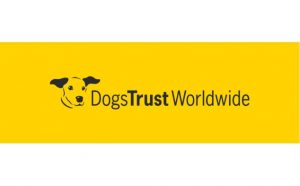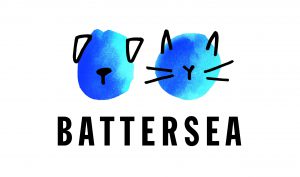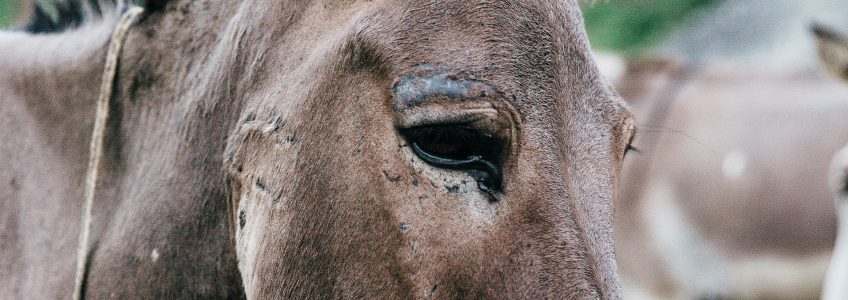
Pakistan has a large equid population, mainly used for transportation of goods and people. In Karachi, where temperatures can reach 45°C, donkeys in particular are used for transportation of goods. They can become exhausted and demonstrate clinical signs of heat stress, including increased respiratory rate. Many donkeys have slit nostrils, due to a common myth among equid owners that the practice helps the animals to breathe more easily and reduces the animal’s internal heat during work in hot weather. Many donkeys have suffered this painful practice throughout Karachi. The procedure of slitting nostrils is performed by specified individuals either for free, paid in kind or for a nominal fee.
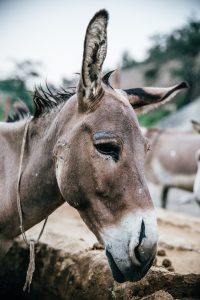
In 2008, Brooke selected five communities on the basis of high frequency of slit nostrils. Five individuals responsible for this procedure within the communities were identified and motivated on religious and ethical grounds to change their profession and join trainings arranged by Brooke to become community-based animal health workers. They were compensated with remuneration for the days of training, provided with kits to be used in primary health care and introduced to communities with their new role as pain relivers and not pain givers. Equid owners were targeted by awareness sessions, discussions, demonstrations and pictorial banners to reduce the demand for the practice of slitting.
A baseline survey in 2008 randomly selected 139 donkeys from a total population of 550; 71 (51%) had slit nostrils. In 2016, another random survey was carried out in the same communities to record the frequency of slit nostrils;100 donkeys were selected, only 20 (20%) had slit nostrils. All of the former nostril slitters had changed their profession and were no longer slitting the nostrils of donkeys. Consequently, they discourage owners from slitting their animal’s nostrils, especially owners that have travelled from other areas.
Nostril slitters had been available as traditional service providers in these communities for years. They had their own interest as they were mostly paid for their services in coin or kind. The community animal health work training helped them to realise the welfare issues of equids. They learnt about basic management practices and primary health care. Their perceptions about their role changed; interviews revealed that former nostril slitters had come to a decision that the animal’s natural anatomy was God-given and could not be improved on. Anatomical training gave them the knowledge that by slitting the nostrils and cutting the skin (false nostril) did not increase the diameter of the airway. Many feel guilty about their previous role in a practice they now view as painful and cruel. The relationship between the community and the nostril slitters was maintained so their now improved animal health services could still be provided.

